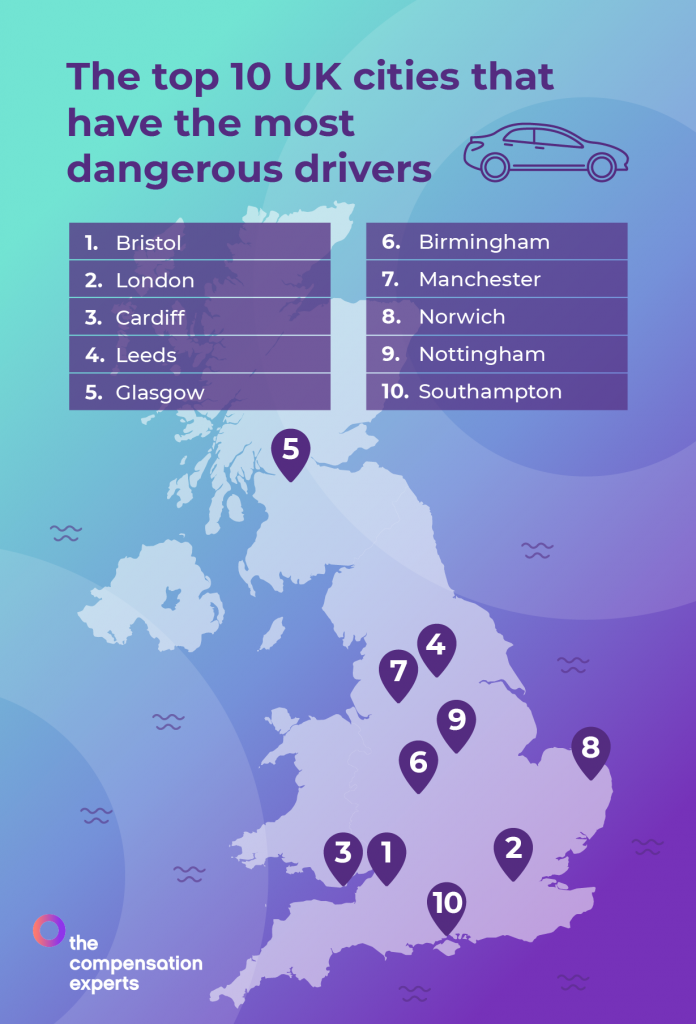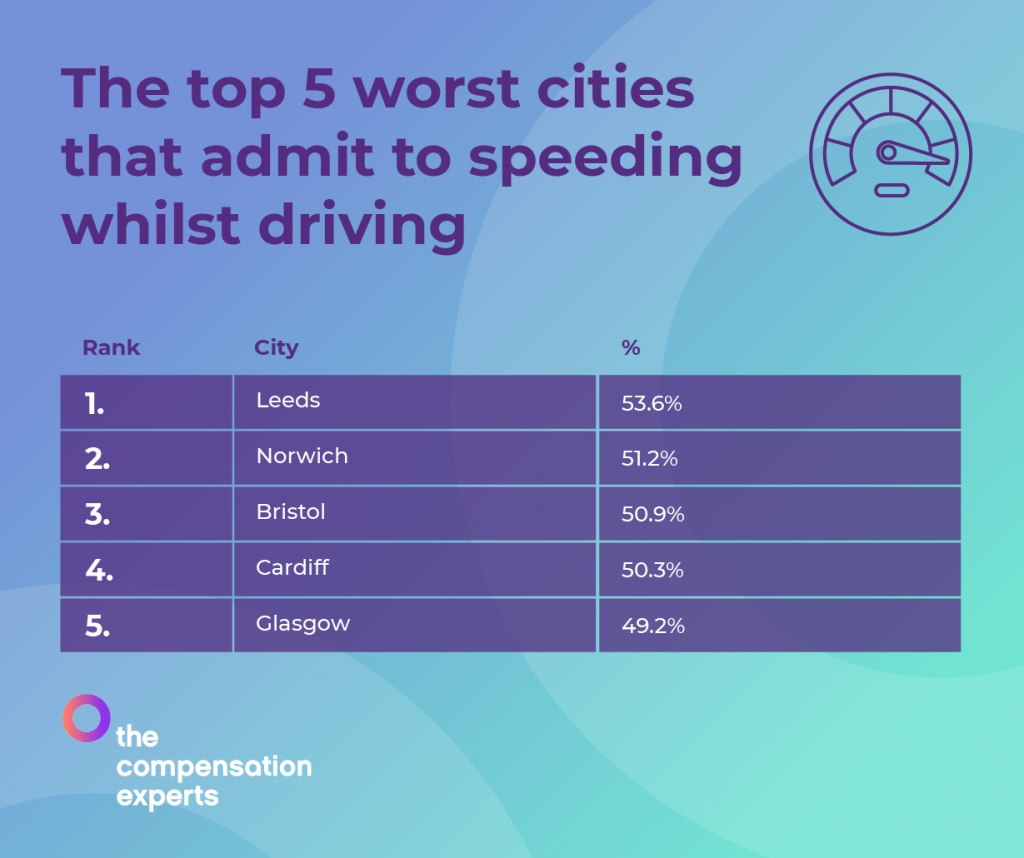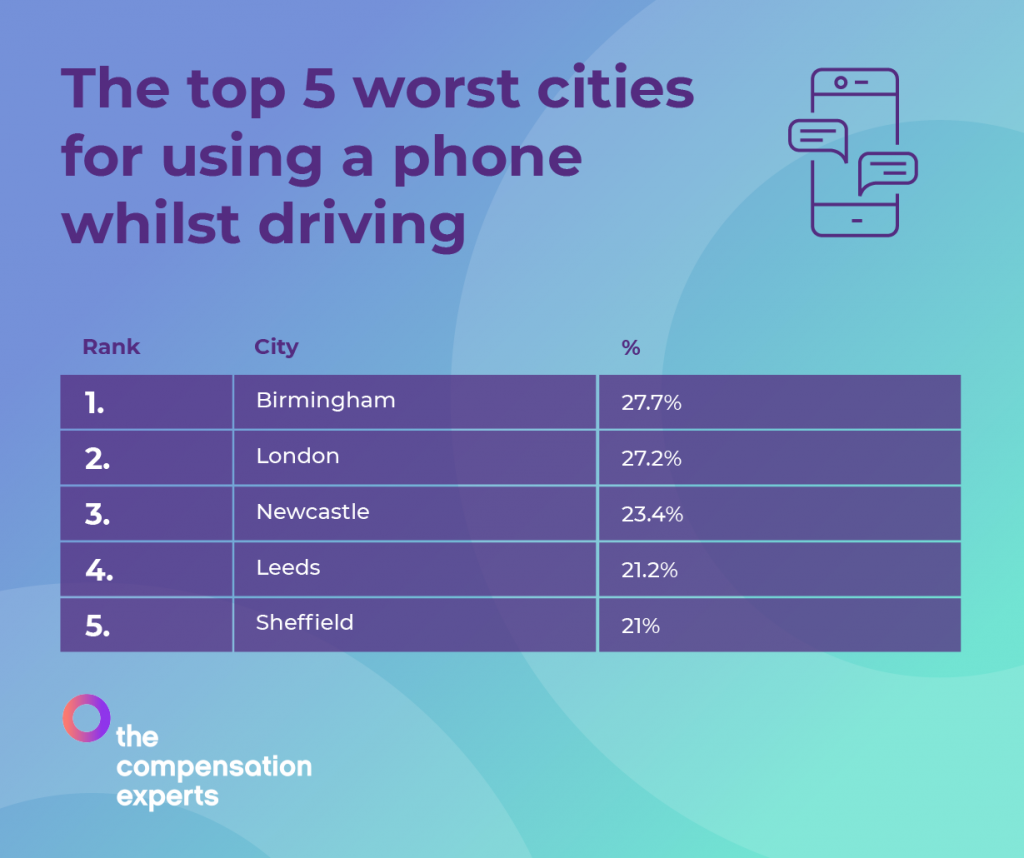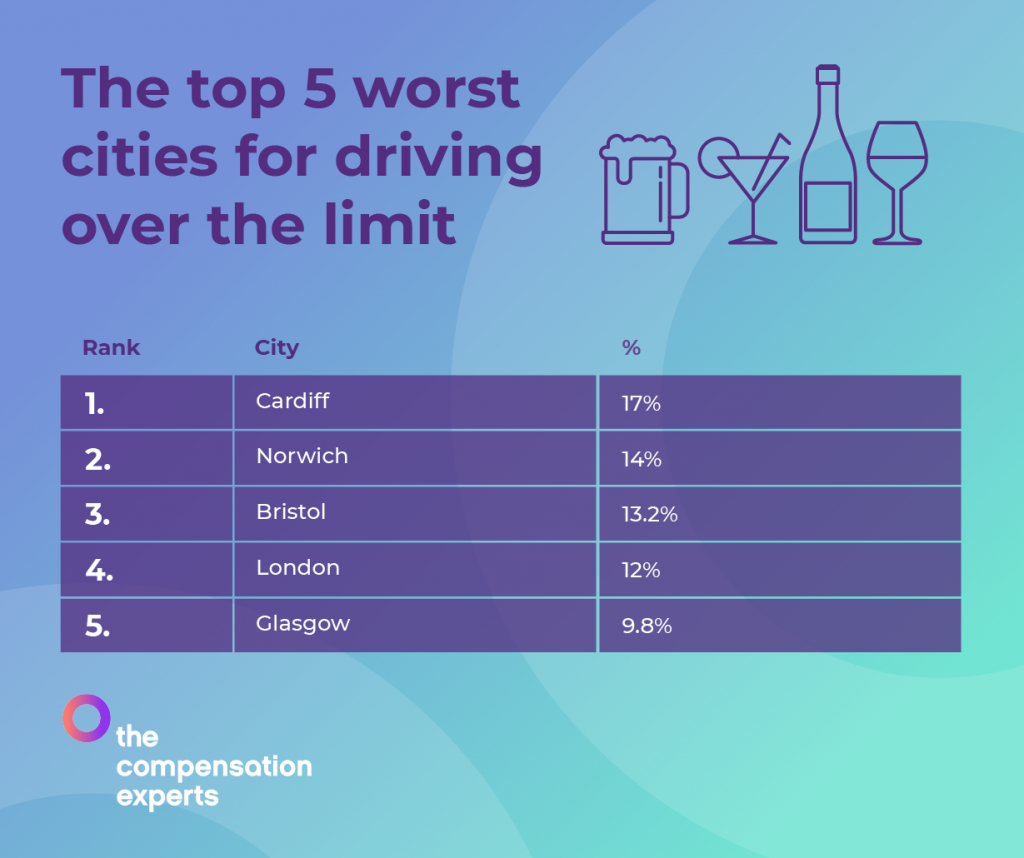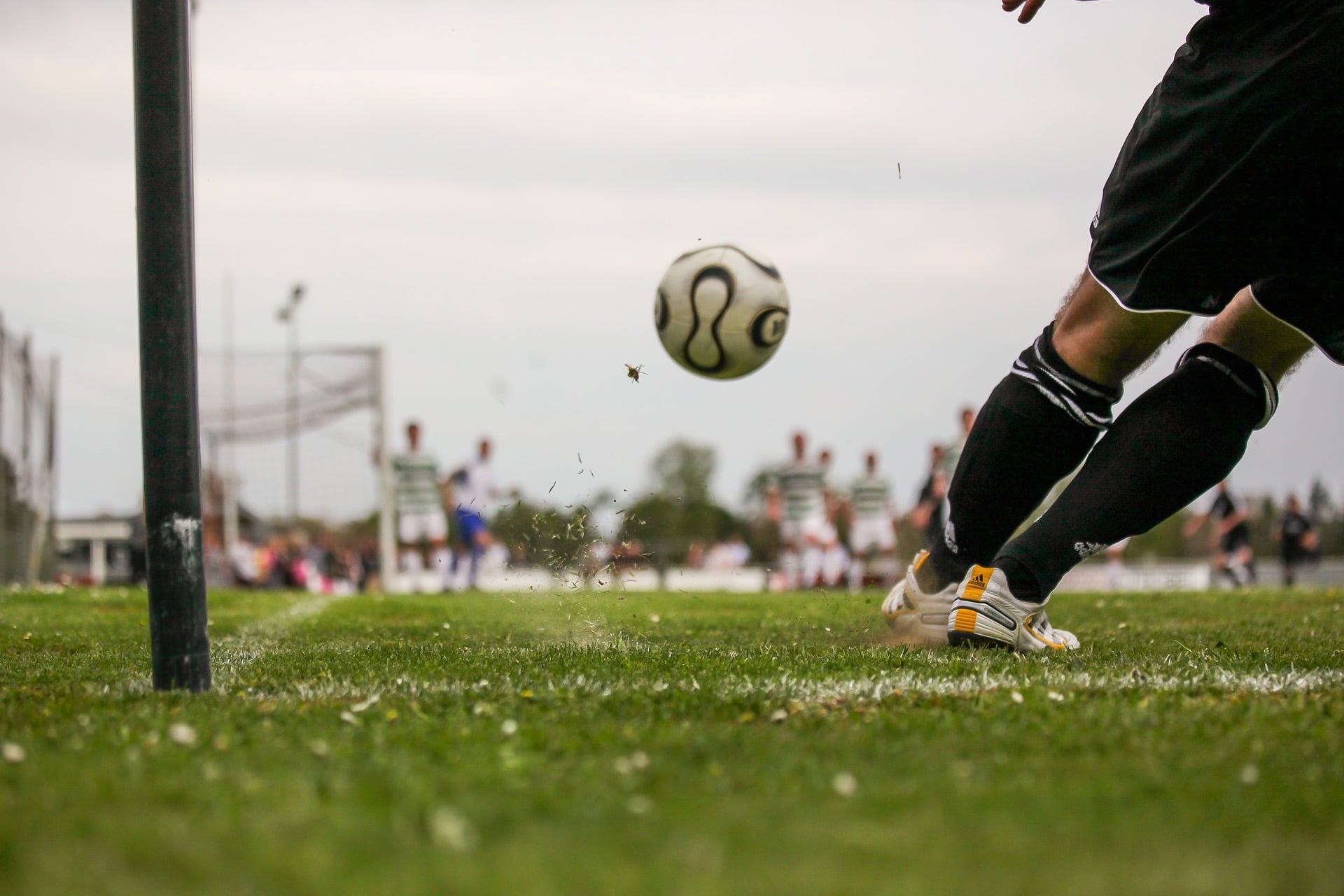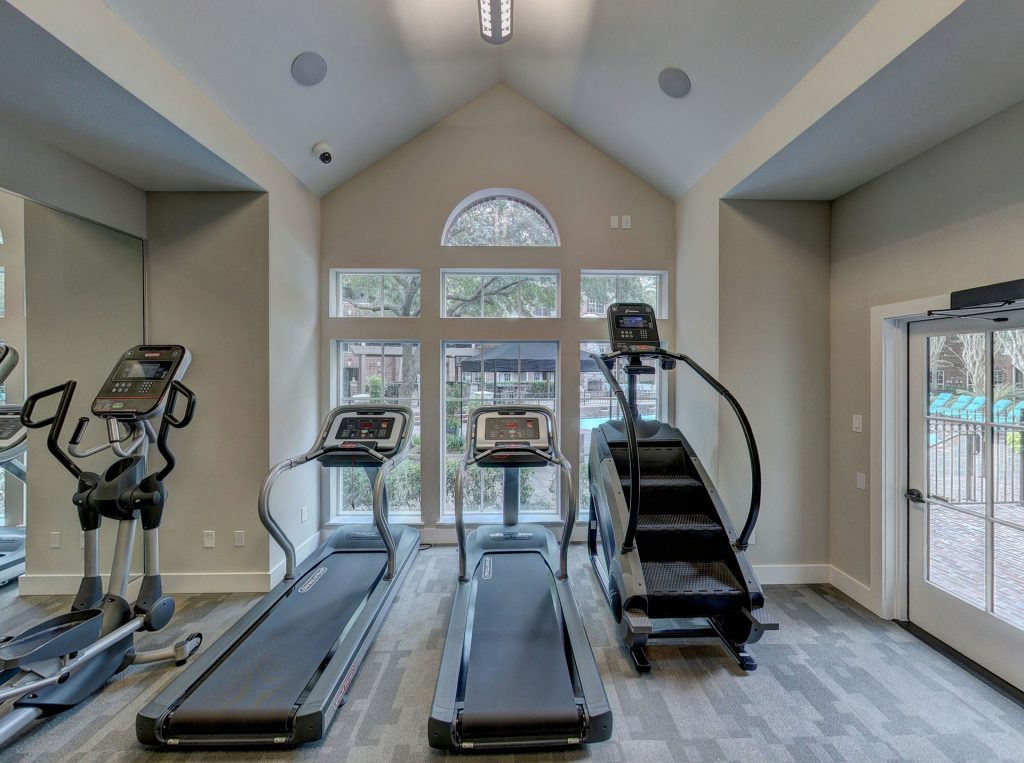When it comes to making a financial mis-selling claim, particularly a mis sold investment claim, there are many barriers that people feel like they come up against. That is where The Compensation Experts are here to help.
Our advisors can guide you through the process of making a claim and help with any barriers that you may come up against. Then, we can get you in touch with one of our expert panel of solicitors.

Here are some of the common barriers to making a financial mis-selling claim.
The bank will not take the complaint seriously, or instantly decline your complaint
Our experienced experts understand a financial advisor’s obligations when recommending a product. Which means we know what to formally complain about, giving you the very best chance of obtaining compensation
There is too much jargon used in the selling of financial products, which can be confusing for consumers. This can result in a reluctance to formally complain
Our friendly and knowledgeable experts will explain all aspects of the claim in everyday terminology, that is easy to understand
You did not lose your own capital and feel there is no cause to complain
If you broke even on your investment or made a poor or disappointing return you may still be able to claim substantial compensation. This is because you could have made a far better return if they had recommended a more suitable product.
I have lost trust in my bank and do not trust them to deal with my complaint as they should
Financial advisors, working for banks or independently, are regulated for the Financial Conduct Authority (FCA). The FCA impose clear rules and timescales on how firms must deal with complaints and treat customers fairly
I do not have paperwork about the investment and cannot recall the circumstances well
Paperwork and detailed information are often not necessary, as we will gather the full details from the provider and assess this for you. We will then communicate the results to you in clear language
It seems like a lot of work and hassle. I am busy, so I just do not have the time or inclination to make a complaint
At The Compensation Experts a financial expert will do all the work for you. It is a hassle-free process which requires very little of your time.
I do not want to make a complaint and get anyone in trouble
The complaint is made to the company who the advisor worked for so it will not impact on an individual. Banks and life offices deal with complaints within a separate complaint team.
The company who advised me are no longer trading
We may still be able to submit a claim on your behalf for lost capital to the Financial Services Compensation Scheme (FSCS). Our friendly financial experts will quickly be able to establish whether we could make a claim in this scenario
I will do this myself for free or get a relative to do it for me
Yes, you can do this yourself for free. Please be mindful that you only get one chance to successfully claim the compensation you could be entitled to. We will use our experience and expertise to give you the best chance of success with your one opportunity.
I don’t think I will be owed any money
Many consumers hold this belief, and then receive thousands of pounds. The interest rates before the UK recession were far higher, which means you would have made a very good return in a savings account. For this reason, you may still have lost out substantially. There can also be substantial interest figures added to the compensation awarded.
How We Can Help with Barriers to Making A Financial Mis-Selling Claim
Here at The Compensation Experts, we work with solicitors who have years of experience with financial mis-selling claims. This means that they can help with any barriers you feel you are up against when making a claim. If you think you may have a potential claim, contact us today by filling in or contact form. Or call us to speak to one of our friendly knowledgeable advisors.


